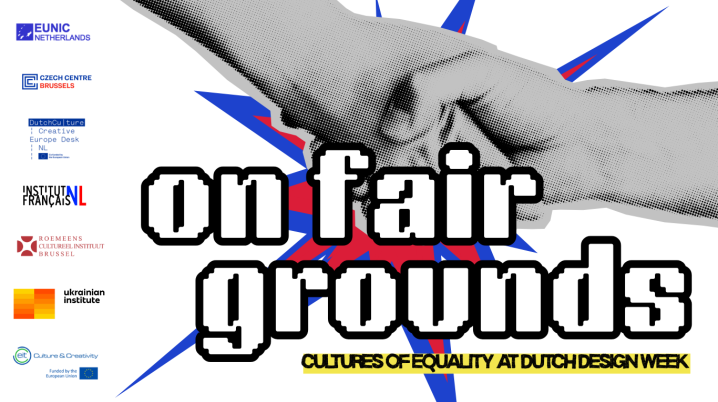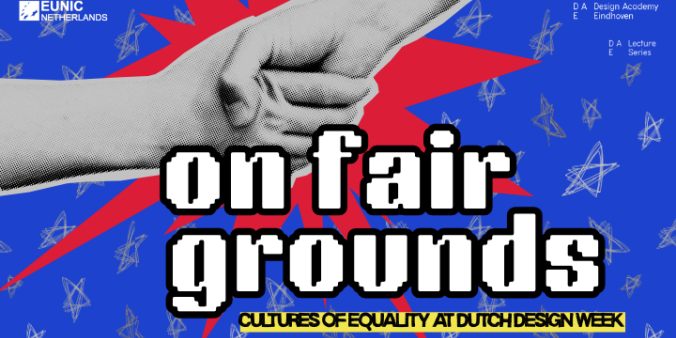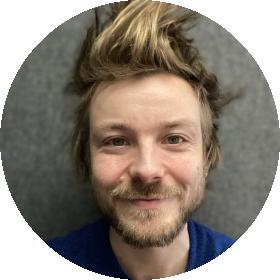
EUNIC Netherlands invites you to an afternoon of exchange and reflection on fairness in design collaboration across Europe.
Together with commissioners, cultural leaders, policymakers, and design professionals, we will explore how diverse cultural perspectives can shape fairer futures.
Through four thematic roundtables, participants will discuss challenges and opportunities for fairness in design practice and policy.
Practical information
Date: Friday 24 October 2025
Time: 15:00 - 17:00
Location: Foundation We Are, Torenallee 22-04, Eindhoven
Language: English
Roundtable 1 – Rebuilding on Fair Grounds - Ethical, Collaborative & Sustainable Design in Post-War Ukraine
Key question: How can Ukraine’s reconstruction become a model of fair practice, combining ethical design, collaboration, and sustainable use of local resources?
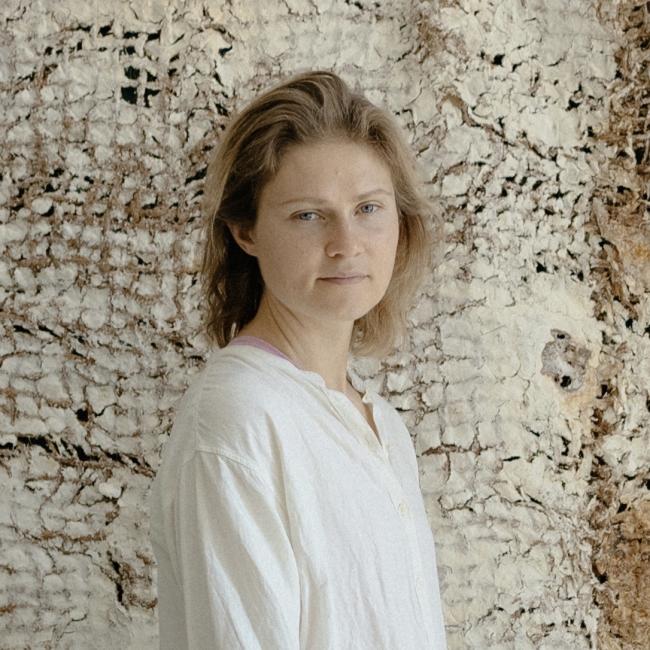
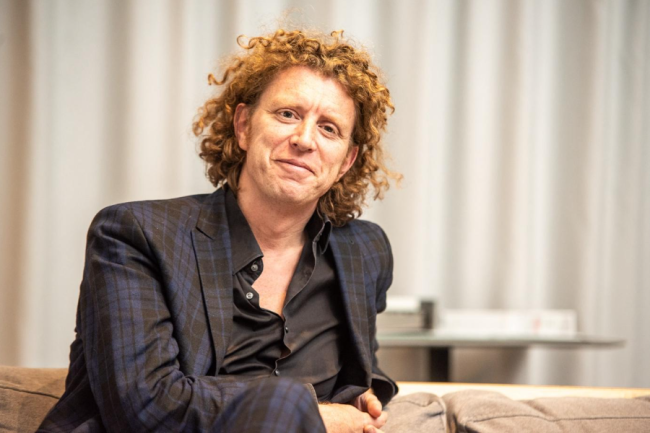
Guided by Dasha Tsapenko (bio-designer) and Fulco Treffers (architect and urban planner, CEO Ro3kvit), and in cooperation with the Ukrainian Institute, this session explores how design can contribute to a fair and resilient reconstruction of Ukraine by addressing three interlinked dimensions: ethics, collaboration, and resources.
We will discuss:
- How can architects, designers, and cultural workers contribute responsibly to post-war recovery, ensuring fairness and respect for cultural heritage while avoiding “design colonialism”?
- How can international expertise support—rather than overshadow—local voices, empowering resident and displaced communities to actively shape their environments?
- How can the urgency of rebuilding be balanced with sustainability, through local resources, circular practices, and biodesign?
Taken together, these perspectives frame reconstruction not only as repair but also as a test case for fair practice and knowledge exchange across the European design field.
Roundtable 2 – Design Weeks and City Development
Key question: How do we go from temporary urban initiatives to sustainable impact in city development?
Guided by b (Romanian Design Week) and the Romanian Cultural Institute, this session explores the role design initiatives can play in shaping urban life and rethinking how people engage with public space. Using RDW & The City, Romanian Design Week’s newest format, as a case study, we will look at how a series of temporary interventions in Bucharest transformed one of the city’s main boulevards into a stage for exploration. These small, temporary gestures invited audiences to reimagine overlooked transit corridors as places for gathering, community, and outdoor life.
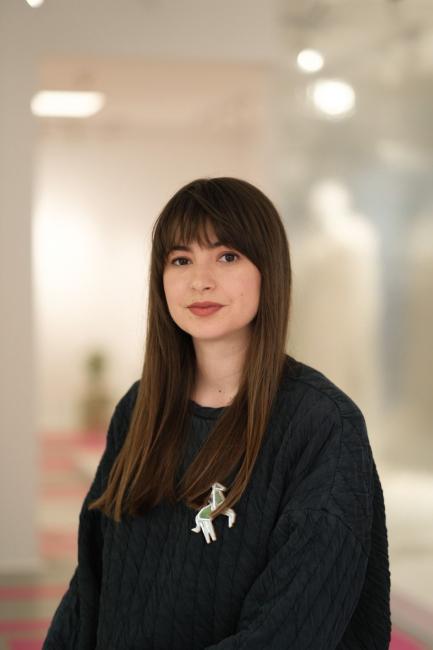
Beyond the installations themselves, the discussion will reflect on how design can make cities friendlier, more inclusive, and more responsive to the needs of their residents. A central challenge will be continuity: how do we move from short-lived interventions to lasting urban change? And how can the efforts of festivals and designers translate into meaningful, long-term impact for both residents and the city?
Roundtable 3 – Ensuring EU Open Calls Reach Diverse Voices
Key question: How can European funding programmes like EIT and Creative Europe amplify underrepresented voices by ensuring that opportunities, programmes, and open calls reach diverse communities across different geographies, languages, and contexts?
Hosted by EIT Culture & Creativity and DutchCulture | Creative Europe Desk NL, this session introduces two major EU funding schemes that provide funding and networking opportunities to foster cultural collaboration in Europe and beyond. It offers a great starting point to learn more about the opportunities within these EU programmes.
A key focus of the session will be the role of institutions like EIT Culture and Creativity and DutchCulture | Creative Europe Desk NL as regional hubs for inclusion. How can these programmes amplify underrepresented voices by ensuring their open calls, programmes, and opportunities are widely accessible across different geographies, languages, and communities? Come join us in a conversation on the role of cultural institutions in ensuring that cultural projects are inclusive of all genders, minorities, people with disabilities, and socially marginalised groups.
Roundtable 4 – Fair Collaboration in Design Education
Key question: How can design education become a model of fair collaboration—linking sustainability, mutual learning, and long-term responsibility in Europe’s creative field?
What does fairness mean when teaching the next generation of designers? And how can education shape enduring cultures of responsibility and resilience?
This session, co-hosted by UMPRUM Prague and Czech Centre Brussels, invites educators to move beyond checklists and to embed fair collaboration as a core practice in design.
With contributions from Klára Peloušková, Veronika Miškovičová, and Kateřina Krebsová, the discussion will spotlight SHIFT Lab, UMPRUM’s cross-disciplinary programme that integrates circularity and ecological awareness into design education. SHIFT engages students in real-world collaborations that question conventional approaches to materials, production, and social impact.
At the same time, the roundtable will explore how cultural institutes and educators can learn from one another, building fairer long-term exchanges between institutions, students, and professionals across Europe. The aim: to reimagine education not only as a space for knowledge transfer, but also as a platform for shaping equitable, sustainable, and truly collaborative futures.
The programme also includes a welcome by Bernhard Lenger (Foundation We Are) and Simon de Leeuw (DutchCulture), a closing discussion, and a networking session to foster new cross-European connections.
We look forward to welcoming you for an inspiring exchange on building fairer, more sustainable futures for European design.
